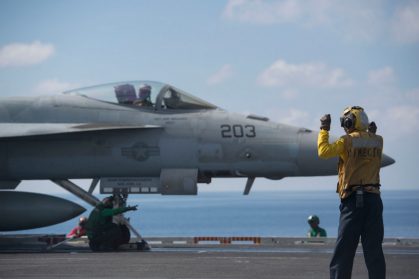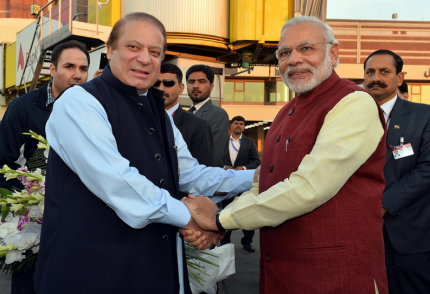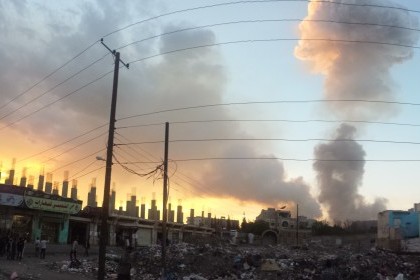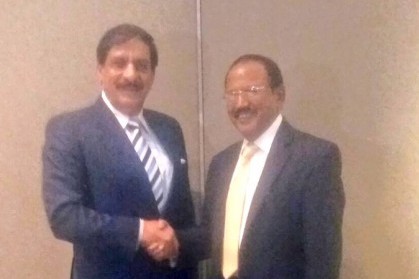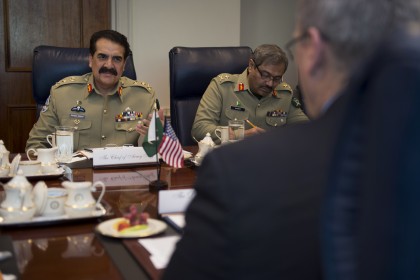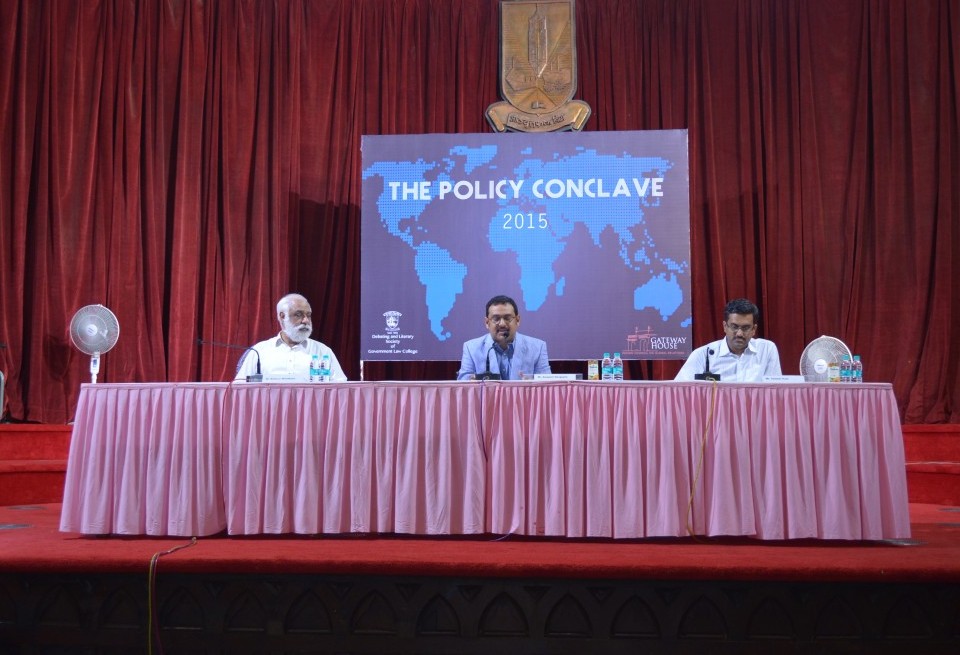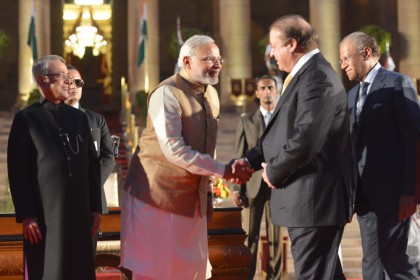GOID 2016: Evening Keynote by Kiren Rijiju
Kiren Rijiju, Minister of State for Home Affairs, delivered the keynote speech during the Evening Dialogue on Cybersecurity and Terrorism at the Gateway of India Dialogue held in Mumbai last June, organised in cooperation with the Ministry of External Affairs. The speech outlined the relationship between cybersecurity and terrorism, counter-measures already put in place by the Indian Government, and areas for improvement and progress in the future.



